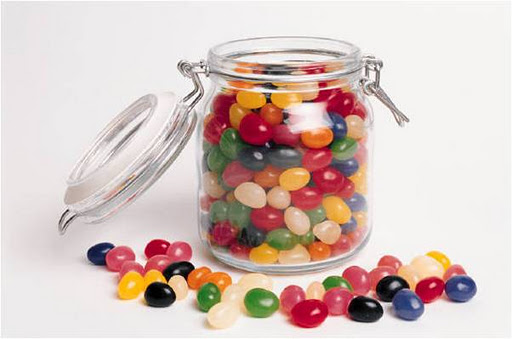Harmless eating habits that can hurt
If you’re regularly giving in to any of these everyday indulgences, it’s time to stop fooling yourself. In the long run, they can really hurt your health.

Midmorning munching
If you’re trying to lose weight, even a little a.m. nibble can sabotage your efforts. Dieting women who grabbed a snack between 10:30 and 11:30 lost 7 percent of their weight during the course of a year compared with nonsnackers, who lost 11 percent of their weight, according to a recent study of 123 postmenopausal overweight women. Researchers say morning snacking might backfire since it’s probably mindless eating rather than real hunger. But the news isn’t all bad for snack lovers: Afternoon snacking can help with weight loss if it’s not too close to other meals. Go for diet-friendly, nutrient-dense choices under 200 calories, like string cheese, low-fat yogurt, nuts, fruit, or whole-grain crackers.
Raiding the office candy jar
Those tiny little treats can really add up – each Hershey’s kiss has about 22 calories, for example. It’s hard to resist the temptation, and according to study published in 2006, it’s easy to delude yourself about how much you’re indulging. The study found that women tended to underestimate how much candy they ate when it was on their desk. But here’s a trick that can help: If you can’t bear to get rid of the candy jar, consider getting a new one. The same study found that women snacked on eight Hershey’s kisses on average when candy was in a clear jar on their desk but only three pieces when the container was opaque and father away.
Drinking a few nightly nightcaps
Having just three to six glasses of wine each week was linked to a 15 percent higher risk of breast cancer than drinking no alcohol, according to a recent study in the Journal of the American Medical Association. The findings are based on 28 years information collected from 105,986 women. And two or more cocktails a day were associated with a 51 percent higher risk. Other research has linked a daily drink to a lower risk of death from heart disease and to better HDL “good” cholesterol readings. So you’ll want to balance the risks and benefits based on your own health history.

